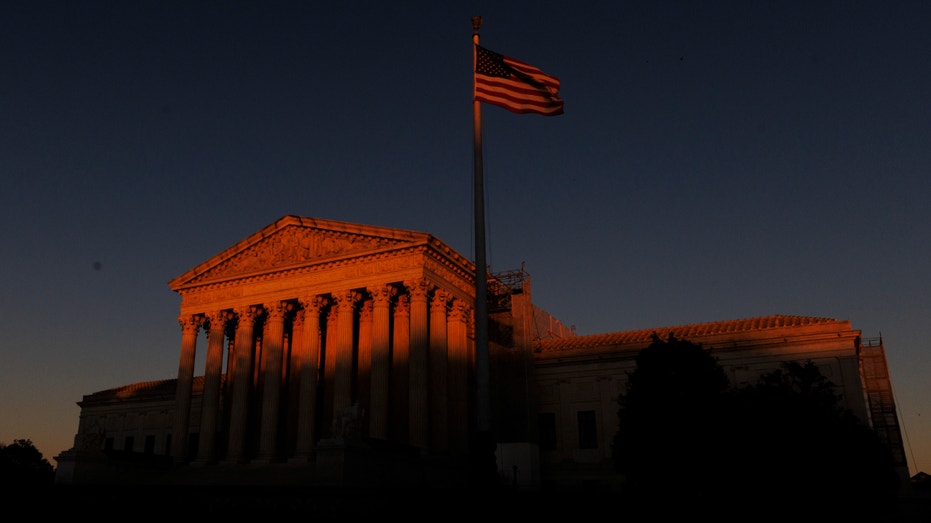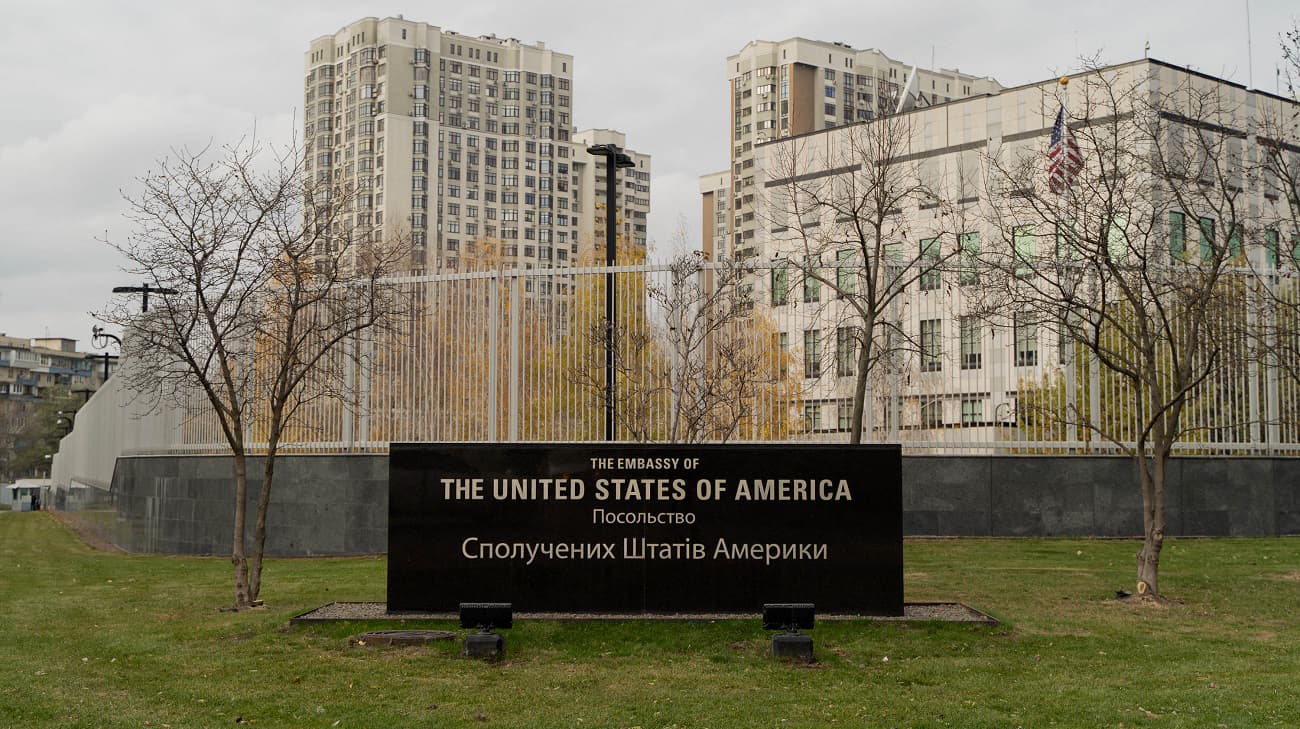Supreme Court appears divided over state bans on gender transition 'treatments' for minors
The Supreme Court appeared divided Wednesday over the constitutionality of state laws banning gender transition medical treatments for minors.

The Supreme Court appeared divided Wednesday over the constitutionality of state laws banning gender transition medical "treatments" for minors, a politically charged issue dealing with transgender rights. The justices heard nearly two-and-a-half hours of tense oral arguments over a challenge to a Tennessee law.
At issue is whether the equal protection clause — which requires the government to treat similarly situated people the same — prohibits states from allowing medical providers to deliver puberty blockers and hormones to facilitate a minor's transition to another sex.
Hundreds of people on both sides of the issue rallied in front of the court. Some demonstrators held signs saying, "Kids' Health Matters," while others promoted "Freedom To Be: A Celebration of Transgender Youth & Families."
The court's ruling could affect other current legal fights over transgender rights, including bathroom access and participation in scholastic sports. It could also serve as a legal template to future disputes involving the LGBTQ+ community, and whether sexual orientation is a "protected class" that deserves the same rights that involve a person's race and national origin.
The three justices appointed by former President Trump could be the key to deciding the socially divisive question. Justices Brett Kavanaugh and Amy Coney Barrett asked tough questions of both sides, and Justice Neil Gorsuch did not speak during the marathon public session.
SUPREME COURT WEIGHS TRANSGENDER YOUTH TREATMENTS IN LANDMARK CASE
Justice Samuel Alito cited "hotly disputed" medical studies on the supposed benefits of such medical treatments. Instead he referred to other research from Great Britain and Sweden that reported on the negative consequences from teens that underwent gender transition treatments.
Those studies "found a complete lack of high-quality evidence showing that the benefits of the treatments in question here outweigh the risks," he told the federal government's attorney. "Do you dispute that?"
But Justice Sonia Sotomayor countered with evidence from underage individuals that were denied treatment.
"Some children suffer incredibly with gender dysphoria, don't they? I think some attempt suicide?" she said. "The state has come in here and, in a sharp departure from how it normally addresses this issue, it has completely decided to override the views of the parents, the patients, the doctors who are grappling with these decisions and trying to make those trade-offs."
Justice Brett Kavanaugh summed up the competing interests facing the high court.
"How do we as a Court choose which set of risks is more serious in deciding whether to constitutionalize this whole area?"
Chief Justice John Roberts voted in the majority in a 2020 case favoring transgender employees who claim workplace discrimination. That opinion was authored by Gorsuch. But in Wednesday's arguments, Roberts suggested state legislatures – rather than courts – were in a better position to decide such questions over regulating medical procedures.
TED CRUZ, GOP LAWMAKERS URGE SCOTUS TO END ‘MEXICO’S ASSAULT ON OUR SECOND AMENDMENT'
"The Constitution leaves that question to the people's representatives, rather than to nine people, none of whom is a doctor," Roberts told ACLU lawyer Chase Strangio, who was representing transgender minors, parents and a doctor. Strangio is the first openly transgender attorney to argue a case before the Supreme Court.
He appeared alongside the U.S. solicitor general, representing the Biden administration in opposing the law in Tennessee, one of about two dozen with similar bans.
Prelogar said the state laws have the effect of "sex discrimination," since the minor's gender is key when determining specific medical treatments for those seeking to transition.
She cited the benefits of such "medically necessary care" that can have the effect of preventing "escalating distress, anxiety, and suicidality." The Justice Department mentioned the experience of Ryan, one of the plaintiffs, who told the courts such treatment "saved his life."
The American Medical Association, the American Academy of Pediatrics, and the American Psychiatric Association have all endorsed such medical treatments for youths.
Tennessee Attorney General Jonathan Skrmetti told reporters after the arguments, "The Constitution allows the states to protect kids from unproven, life-altering procedures based on uncertain science."
The state's lawyer told the justices its law — known as SB1 — "draws a line between minors seeking drugs for gender transition and minors seeking drugs for other medical purposes," like a congenital defect or precocious or early onset puberty.
In arguments, much of the discussion was whether the laws were applied equally to boys and girls, and whether states had a greater interest in regulating treatment, since it involved underage individuals.
"It's really for minors," said Justice Clarence Thomas. "So why isn't this simply a case of age classification when it comes to these treatments as opposed to a [outright] ban?" for everyone.
But the three more liberal justices were skeptical of the state's positions.
"It's a dodge to say that this is not based on sex, it's based on medical purpose, when the medical purpose is utterly and entirely about sex," said Justice Elena Kagan.
She added the state law seems to me sending a message that "there's something fundamentally wrong, fundamentally bad, about youth who are trying to transition."
"One of the articulated purposes of this law is essentially to encourage gender conformity and to discourage anything other than gender conformity," said Kagan. It "sounds to me like: we want boys to be boys and we want girls to be girls."
Trump, who takes office again next month as president, had promised in his re-election campaign to implement certain policy changes that would affect transgender individuals across various sectors.
A ruling is expected by late June 2025.
The case is U.S. v. Skrmetti (23-477).



